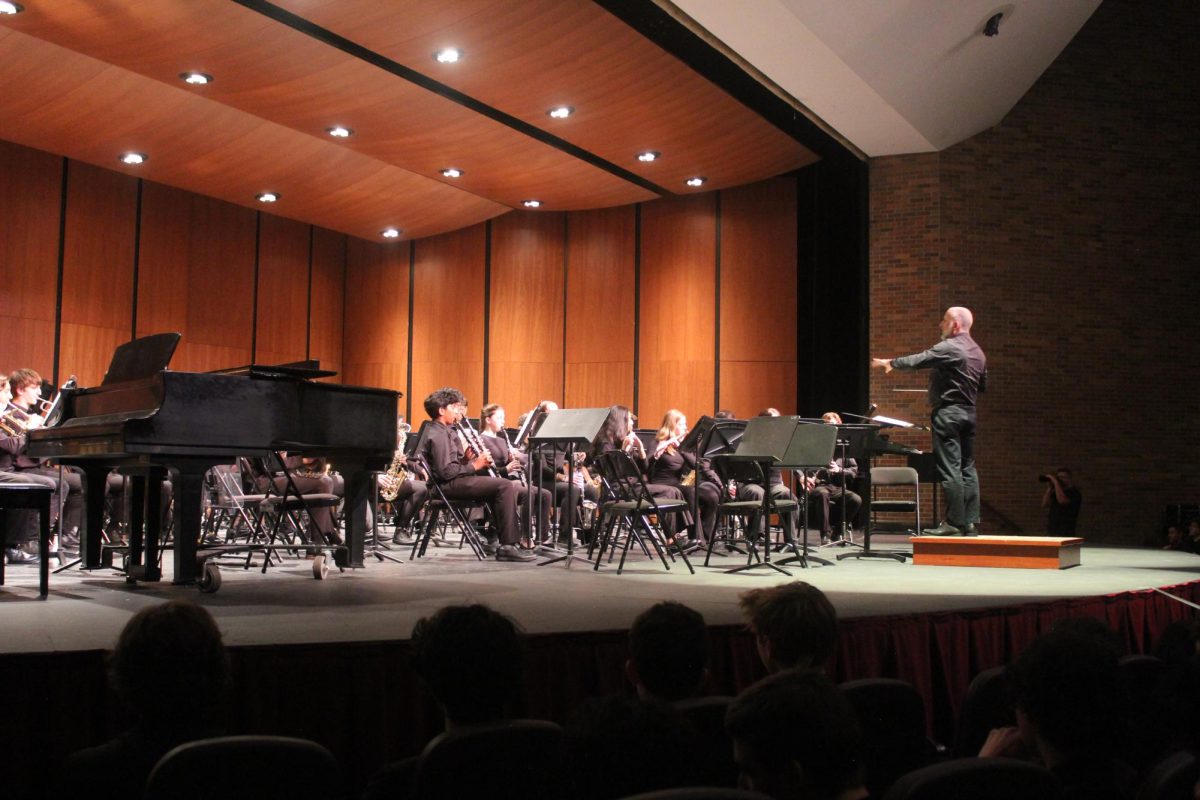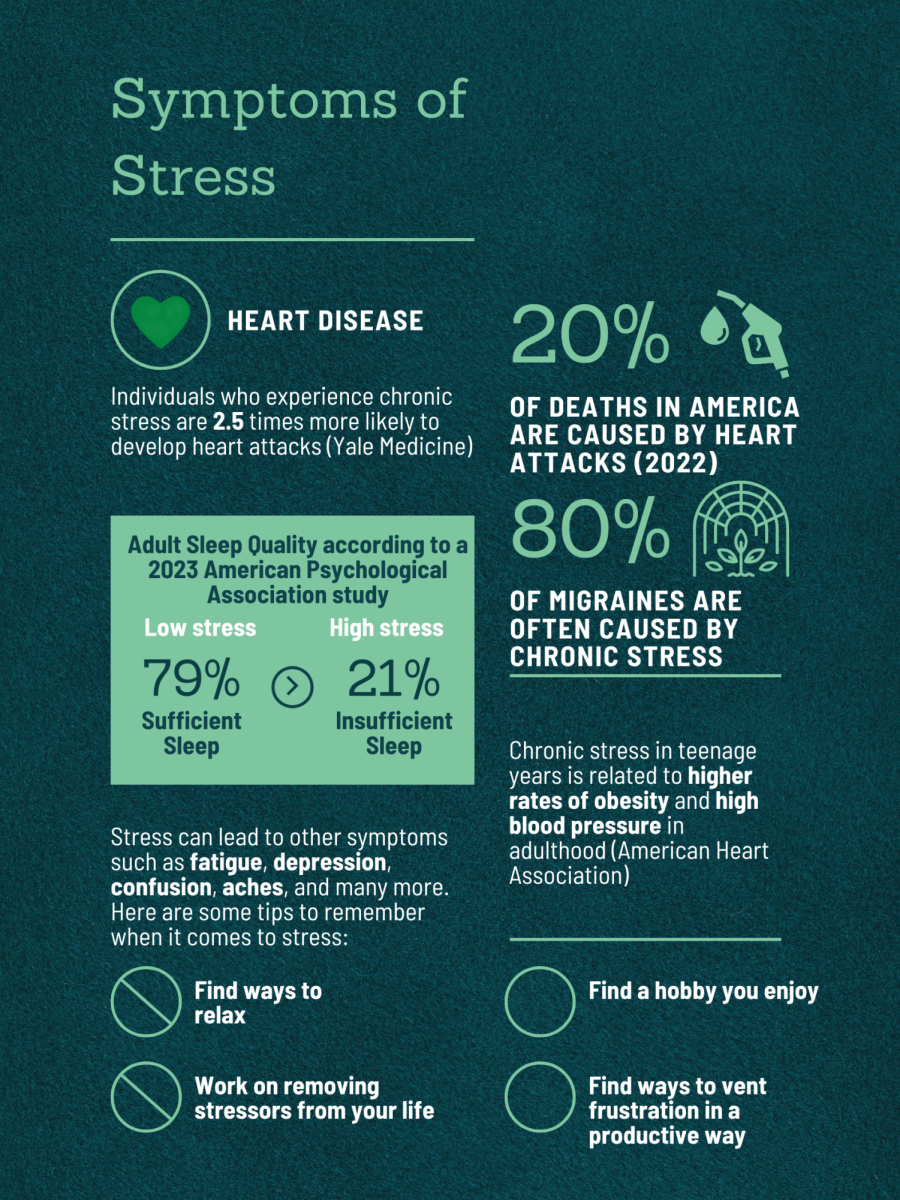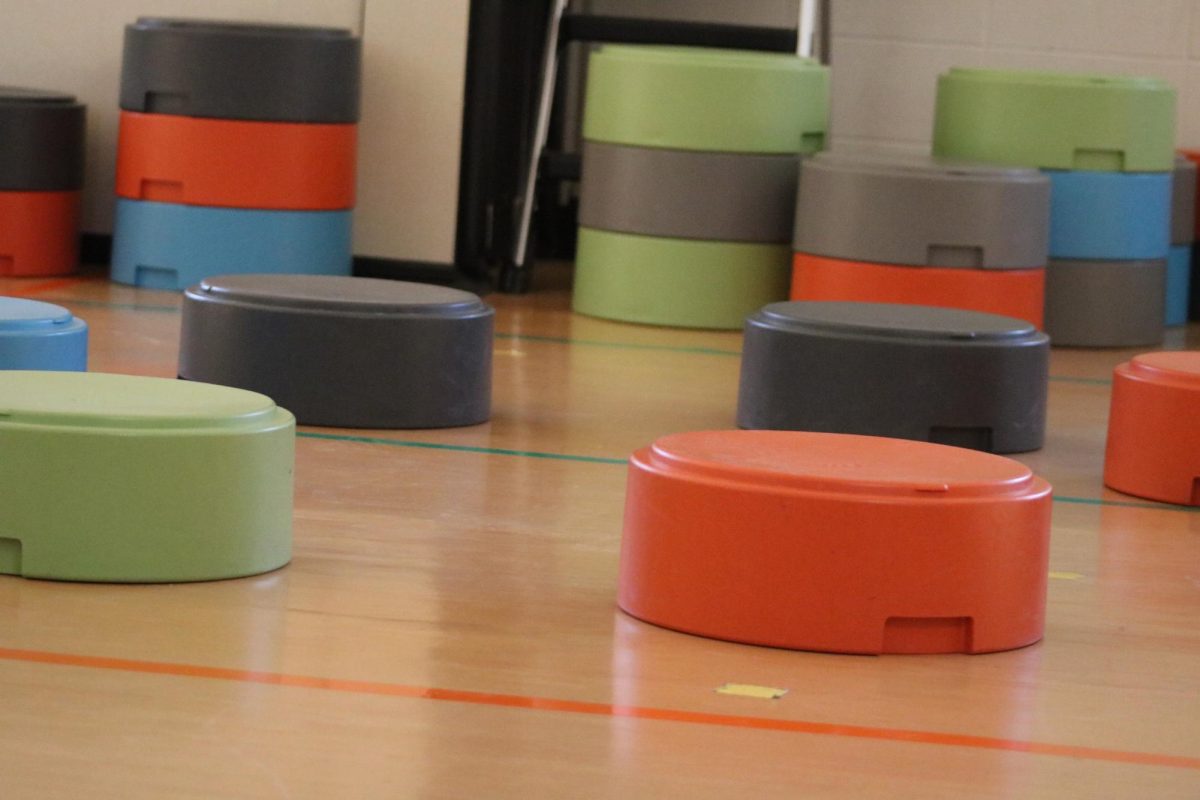In our current day, many people turn to ChatGPT for help or for a quick solution to assignments. This article covers both the benefits of using ChatGPT and the potential risks of becoming too dependent on using AI.
The Advantages of ChatGPT (by Haiden Lui):
Artificial intelligence is a coveted technology that has been sought after for decades. While ChatGPT isn’t the sum of all human knowledge yet, it can still provide useful information and services to those who use it. Here are a few ways in which ChatGPT can improve the lives of people and make the world a better place:
ChatGPT is a streamlined and simpler search engine.
All web browsers, such as Google, Bing, and Firefox, take the words that are inputted into the search bar and match them to content located on various websites. This results in the collection of knowledge from general categories based on specific keywords or inputs. In short, users who ask specific questions will have to delve deeper into websites that are generally related to their questions. The advantage of ChatGPT is that it essentially delves deeper into those websites for users and produces a straightforward answer to their specific questions.
ChatGPT can provide emotional support.
While it may seem dystopian and unlikely, ChatGPT is proficient in understanding human emotions and can provide counseling based on user queries. In a study conducted by 4 psychologists at the National Library of Medicine on May 26th, 2023 (Zohar Elyoseph, Dorit Hadar-Shoval, Kfir Asraf, and Maya Llovsky), ChatGPT had a higher emotional awareness than the general population when given 20 different scenarios and asked how to respond in each scenario. The performances of the general population and ChatGPT were evaluated by two independent, board-certified psychologists, and ChatGPT actually improved upon its performance between each trial.
ChatGPT can teach users concepts.
ChatGPT can act as a teacher who knows nearly everything and is available at all hours of the day. Students can ask ChatGPT-specific questions and receive step-by-step instructions on how to solve their problems. In addition, students can ask ChatGPT to generate new practice problems to supplement their knowledge and improve their skills. In addition, students can change the detail and complexity of ChatGPT’s lessons by asking ChatGPT to increase or decrease the depth of its explanation.
ChatGPT can serve as a form of entertainment.
Users can ask ChatGPT to play games with them, such as word games or a text-based open-world adventure. ChatGPT thinks differently from humans, so its responses are unique and can provide a new perspective when it comes to interaction and gameplay. In addition, ChatGPT will never get bored or react negatively to loss which streamlines entertainment and reduces the likelihood of a poor user experience.
Conclusion
ChatGPT demonstrates the vast potential of artificial intelligence to improve various aspects of daily life, from simplifying search processes to offering emotional support, educational assistance, and entertainment. By acting as a more efficient search engine, it saves users time and effort. Its ability to provide emotional guidance highlights the evolving role of AI in personal well-being. Additionally, ChatGPT’s flexibility in teaching concepts and generating practice material makes it an invaluable tool for students. As a source of endless entertainment, it offers a unique interactive experience free from the limitations of human behavior. While ChatGPT is not yet the pinnacle of human knowledge, its versatility and accessibility illustrate how AI can enhance the quality of life and contribute positively to society in meaningful ways.
The Disadvantages of ChatGPT (by Jordan Lui, edited with ChatGPT):
In the current digital age, AI has become a popular tool among students. Particularly, ChatGPT has gained traction due to its ability to quickly assist with assignments that students often struggle with, such as essays, coding, homework, and even creative writing. While this innovative resource can be beneficial, there are compelling reasons why students should not become reliant on it.
AI Makes Mistakes Too
AI tools can provide incorrect answers. ChatGPT is a work in progress and can generate flawed or misleading information. When students turn to AI for quick solutions, they risk presenting inaccurate content in their assignments, especially under the impression that robots are incapable of error. This undermines their understanding, as they may present incorrect information while believing it to be accurate simply because ChatGPT provided it.
Bias in Source Data
Another critical issue is the potential for bias in the data on which AI is trained. ChatGPT learns from a vast array of sources, some of which may contain biases or misinformation. Relying on AI for information can lead students to internalize these biases in their work, which can distort their understanding and perspective. It’s essential that students form their conclusions and beliefs, rather than being influenced by the biases of an AI.
Misrepresentation of Student Abilities
Using AI-generated content does not accurately reflect a student’s understanding. When students submit work produced by AI, they misrepresent their skills to teachers and ultimately deprive themselves of the opportunity to learn the material. Instead of showcasing their insights, they rely on a machine to convey ideas for them. This reliance creates gaps in their knowledge that can harm them in the future.
Impact on Creativity
Particularly in creative writing, relying on AI can be hugely detrimental to students. Creative writing is meant to encourage students to use their imagination and creativity to produce original work that reflects their personality. When using AI, the student’s voice is lost, and the AI takes center stage. Over time, dependence on AI could inhibit creativity and individuality, leaving students without the skills to think independently in the future.
Learning Through Mistakes
Making mistakes is one of the best ways to learn and grow. Encountering challenges and learning to navigate them develops a deeper understanding. Quick answers from AI might seem appealing now, but they skip the vital learning experiences that come from facing constructive challenges. Engaging with problems directly is essential for academic and personal growth.
Conclusion
While AI tools like ChatGPT can offer convenience, high school students should be cautious about relying on them. The potential for inaccuracies, bias, misrepresentation of abilities, and missed learning experiences underscores the importance of doing the work yourself. Embracing the learning process—challenges and mistakes included—is essential for developing the skills and character necessary for future success. By prioritizing their learning journeys over quick fixes, students will equip themselves with the tools they need to thrive in an ever-evolving world. That being said, AI is still incredibly useful when used properly, that is, not copy-pasting whatever ChatGPT tells you. ChatGPT can be a great editor and brainstorming partner and can help with providing insightful second opinions. To prove this, this story has been edited with ChatGPT’s guidance.






